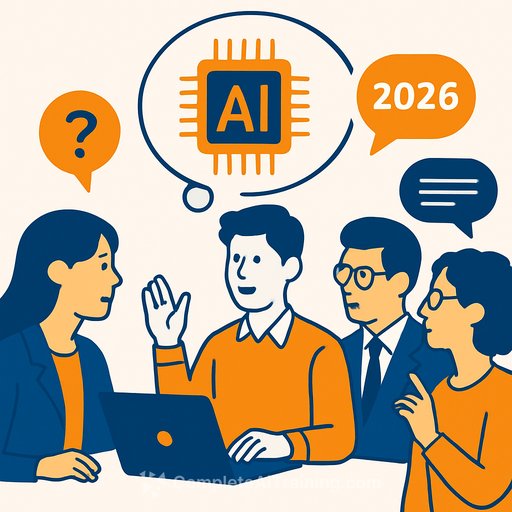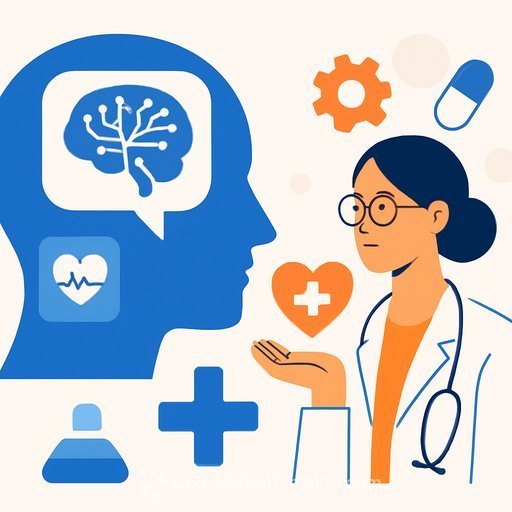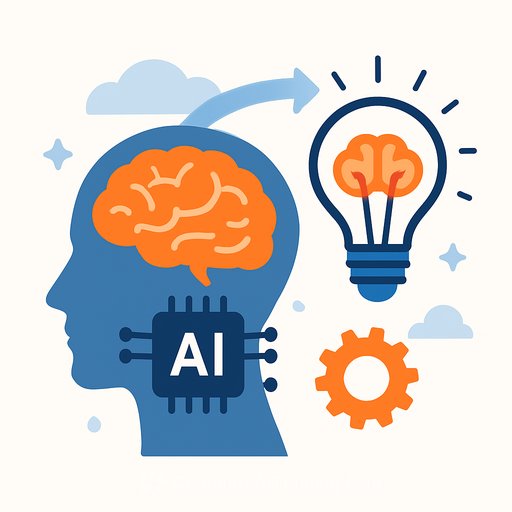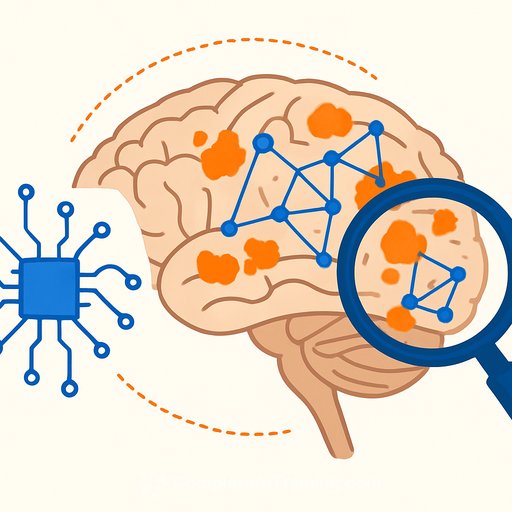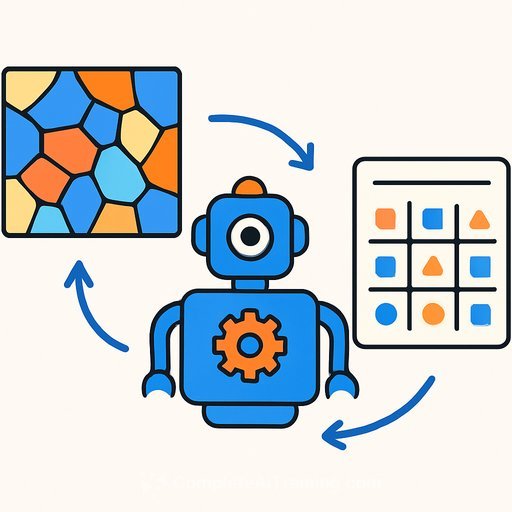Sam Altman’s Bold AI Prediction for 2026
Sam Altman, CEO of OpenAI, recently outlined a striking forecast: by 2026, artificial intelligence will reach a stage where it can generate novel insights. This means AI will move beyond just analyzing or summarizing data—it will start contributing original ideas and hypotheses. Altman calls this phase the "gentle singularity," a future where AI becomes a collaborative partner in advancing human knowledge rather than a disruptive force.
This vision points to a significant shift in AI's role in science and research. Instead of merely processing existing information, AI could soon help uncover new scientific truths, fuel innovation, and transform how work gets done across sectors.
What Does “Novel Insights” Mean for AI?
“Novel insights” refers to the ability of AI systems to produce new, valuable, and previously unconsidered ideas or hypotheses. This is a step beyond current large language models, which mostly generate responses by combining known facts and patterns. True insight requires creativity and the capacity to ask questions that push boundaries.
In practical terms, this would enable AI to assist researchers by proposing innovative solutions or unexpected directions for experiments—potentially accelerating discovery in fields like medicine, physics, or climate science.
Where Are We Now?
OpenAI is already making progress in this direction. For example, OpenAI’s recent o3 and o4-mini models have been used by scientists to generate useful new ideas, signaling that the company is developing AI that aligns with Altman’s vision.
Other major players are also actively pursuing this goal:
- Google DeepMind introduced AlphaEvolve, an AI agent capable of devising novel solutions to complex math problems that even expert researchers had not tackled.
- Anthropic launched a research grant for projects that leverage AI to generate scientific hypotheses and conduct experiments.
- FutureHouse, backed by former Google CEO Eric Schmidt, claims to have achieved an AI-assisted scientific breakthrough, though details remain confidential.
- Lila Sciences, a startup founded by ex-OpenAI researcher Kenneth Stanley, raised $200 million to develop AI systems that can ask intelligent scientific questions—a foundational step toward genuine insight.
Why Experts Remain Skeptical
Despite the excitement, many experts caution that AI still faces major hurdles before it can truly innovate:
- Thomas Wolf, Chief Science Officer at Hugging Face, argues current models don’t yet ask genuinely new questions, a prerequisite for breakthroughs.
- Kenneth Stanley acknowledges that modeling what humans find “interesting” or “meaningful” is a complex challenge that requires more than raw computation.
- AI often lacks context and intuition, limiting it to recombining existing ideas rather than understanding their significance or practical value.
- Novelty alone doesn’t guarantee usefulness—scientific insights must be actionable and verifiable, which AI has yet to reliably achieve.
In short, while AI might generate impressive hypotheses, their real-world impact depends on how well they can be tested and applied.
What This Means for Researchers
The prospect of AI generating novel insights offers exciting opportunities for scientists and researchers to augment their work. However, the technology is still evolving, and skepticism is warranted. Understanding both AI’s potential and its current limits will be crucial in integrating it effectively into research workflows.
For those interested in advancing their knowledge in AI and its scientific applications, exploring comprehensive AI training and courses can provide valuable skills. Platforms like Complete AI Training offer resources tailored to various expertise levels.
Your membership also unlocks:

